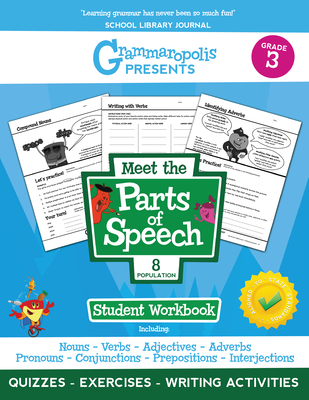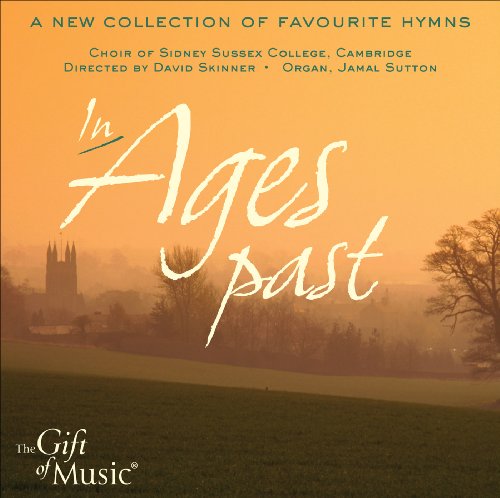
Koriath, Emily Jaworski
product information
description
9In the present era, statistics for emotional trauma are astonishing: over half of American seventeen-year-olds have experienced or witnessed it firsthand, and the next person you meet is more likely to carry nervous system trauma than to be left-handed. This carries over into the applied music studio where the world of emotions and feelings undoubtedly play a crucial role. An indispensable resource for the modern voice teacher, Trauma and the Voice: A Guide for Singers, Teachers, and Other Practitioners explores the body's response to trauma and practical ways that singing teachers can adapt the principles of trauma-informed care while maintaining ethical boundaries. Emily Jaworski Koriath gathers perspectives and research from across the fields of psychology, speech pathology, and vocal music education, and contributors investigate a myriad of concepts including the physiology of trauma, the impact of trauma on learning, polyvagal theory, human attachment theory, and other relevant psychological concepts. The book provides not only the scientific underpinnings but also numerous tools and practical applications for daily studio interactions.
member goods
No member items were found under this heading.
Return Policy
All sales are final
Shipping
No special shipping considerations available.
Shipping fees determined at checkout.







